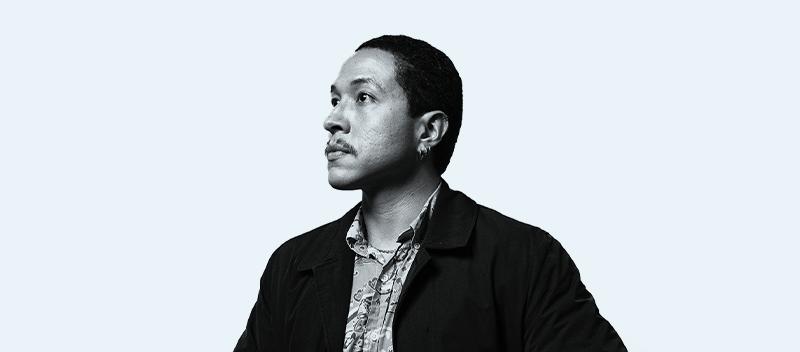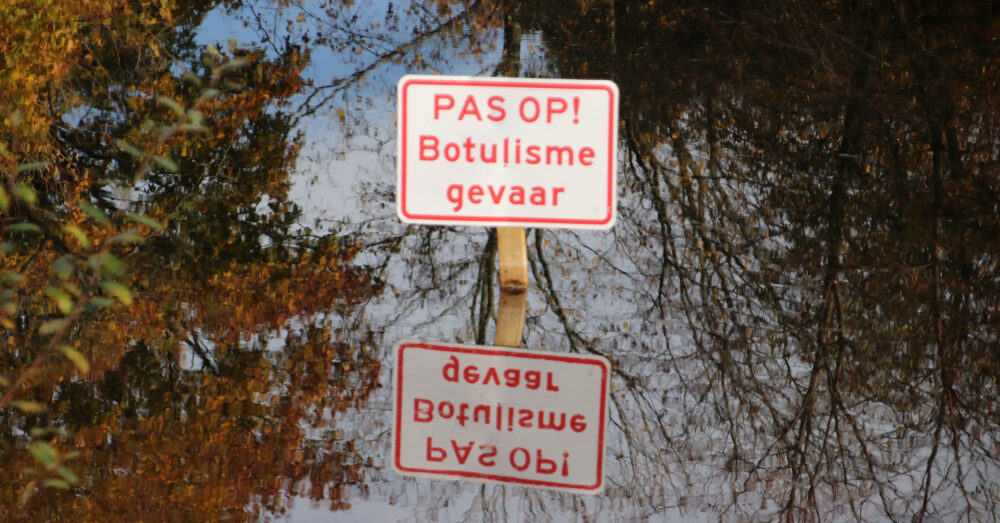Today’s academics are less free than the scholars of half a century ago, argued keynote speaker Rik Torfs on Monday at the opening of the academic year.
In the past you had lazy professors who concentrated on their rhetorical skills, argued Torfs, the former rector of the Catholic University in Leuven. Nowadays professors produce a lot more scientific research and they measure their quality in citation scores. That is basically a good thing but it also has a downside, said Torfs, ‘because under those conditions you are best off doing research in a mature, narrow field of science. Broad, innovative research is not worth the effort. Measuring research quality leads to conformity and a loss of freedom.’
But there is another, more recent reason for the decline in scientific independence, continued Torfs. Now that society is struggling with women’s rights, climate change and meat consumption, people are becoming worried about whether we will still be able to save the world. A lot of scientists are working for a better world. That has turned science into a religion, concluded Torfs.
The current combination of scientific knowledge and morality is religion at its worst
Rik Torfs
Academics use moral arguments for their research on the climate and nutrition. They say, for example, that we should eat less meat because that is good for the climate. ‘That combination of scientific knowledge and morality is religion at its worst,’ claimed the Belgian expert in Church law. ‘Restricting the number of children per family is also good for the climate, as is a ban on divorce, but no one would think of proposing that. The problem is that academics do not make their moral choices explicit.’
In this political climate, universities do not know how to deal with dissidents, said Torfs. He called upon the professors present to reflect on how independent they themselves were. ‘When did you stop asking questions and decide to go for safer research topics?’

 Photo: Jonne Seijdel.
Photo: Jonne Seijdel. 

